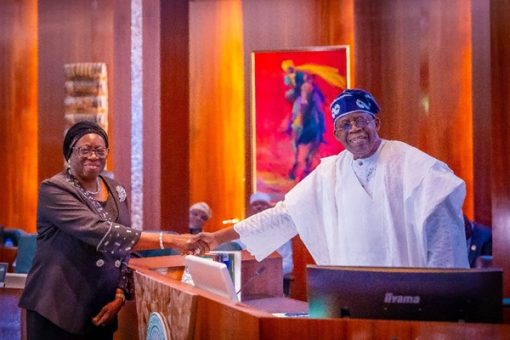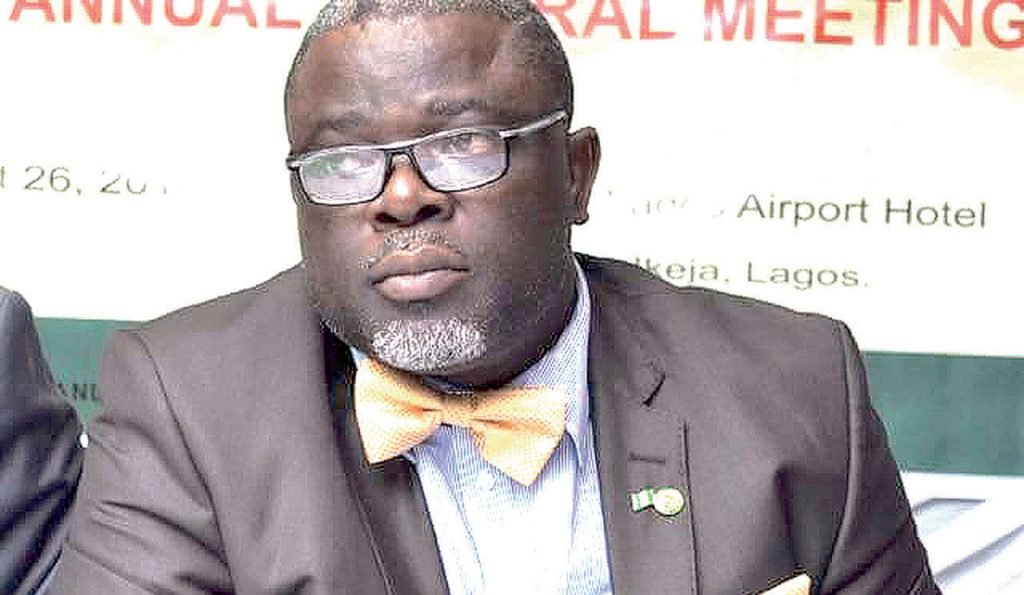Nelson Mandela, the legendary African anti-apartheid fighter, said the future belongs to the youth, but Barak Obama qualified it by saying that the future belongs to young people with education and the imagination to create. None of them could foresee that drugs could ambush the youth and threaten the future. This reality stares us in the face today.
The optimism of a bright future led by the youth of today and leaders of tomorrow is gradually fading away, thanks to the menace of drugs. Unfortunately, it is a national problem linked to all other criminal activities, but we do not consider it critical. A generation of people is gradually being wiped out. The implications of this are too dire even to contemplate.
There are two sides to the drug issue, and both sides complement each other – the supply and demand sides. Drug trafficking and drug abuse/addiction form parts of a vicious circle. One significantly correlates with the other. Where there is a high level of drug abuse, there must always be a correspondingly high level of drug trafficking and vice versa. The psychology and economics of drugs in our society juxtapose synergically with our youths’ crass criminality and wanton debasement. Let us tackle first the issue of drug trafficking.
Regional drug trafficking intersects with many security issues ranging from war and terrorism to human trafficking and national stability. It brings along with it, myriad security issues and challenges, notably an intricate network of actors across various levels of handling narcotics management, which in most instances extend abroad. External manipulation by drug traffickers has resulted in a surge in maritime drug trafficking in Lagos and Nigeria’s coastal regions and is wreaking havoc at the land borders of the North East and North West.
The emergence of new criminal avenues to launder drug money, such as cryptocurrency and money transfer systems, has exacerbated the menace of drug trafficking. Drug transactions seem seamless, and funds from illicit drug deals are laundered and allowed to filter into legitimate business environments.
The heightened insecurity and lack of employment in many States create opportunities for drug traffickers’ relatively smooth operations, apart from the occasional seizures. The potential for the drug trade to become a source of violent political competition, instability, and, most important, emerge as a parallel power that rivals the established legal system and political hierarchy becomes a frightful possibility.
A cursory look at the media in Nigeria reveals that hardly any month passed in 2021 without any significant cases of vast amounts of drugs seized at the important gateways in Nigeria or a Nigerian caught abroad with a large consignment of drugs being smuggled into another country. These seizures have shed light on how the work of trafficking and smuggling is facilitated by a range of actors, including allegedly businesspeople, politicians, celebrities, and students. Nigeria’s porous borders, weak institutions, corrupt practices, political patronage, poverty, and ethnic identities, enable traffickers to avoid detection y the formal security apparatus. There are even times when the conventional security apparatus itself provides cover for traffickers, giving rise to legitimate concerns about the ability of criminal networks and illicit drug monies to infiltrate security and government agencies, transform or influence the motivations of its members, reorient objectives towards the spoils of drug trafficking activity, thus undermining the democratic processes. Still on the supply side is the new availability of cheap opioids in the open market under different brands names.





